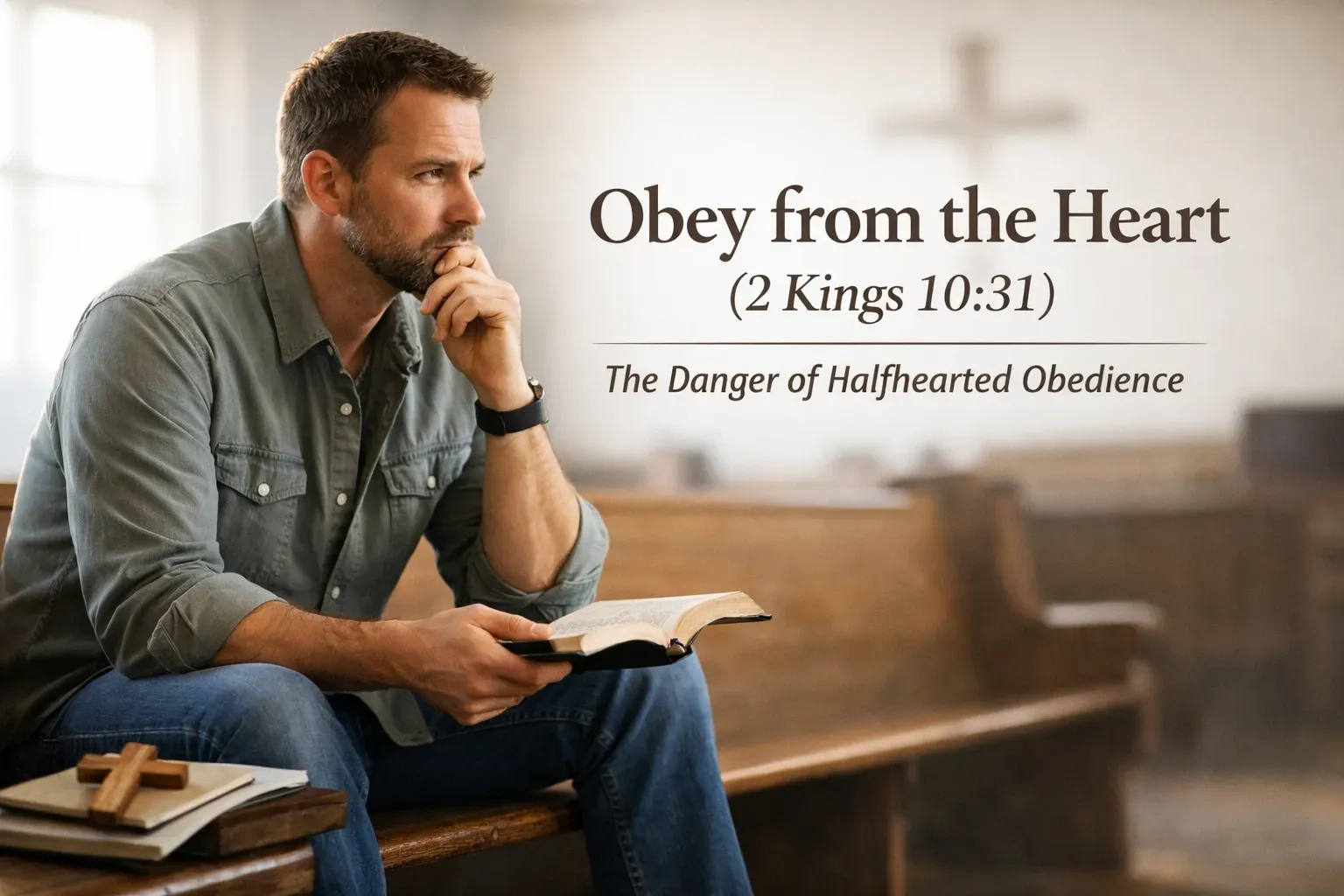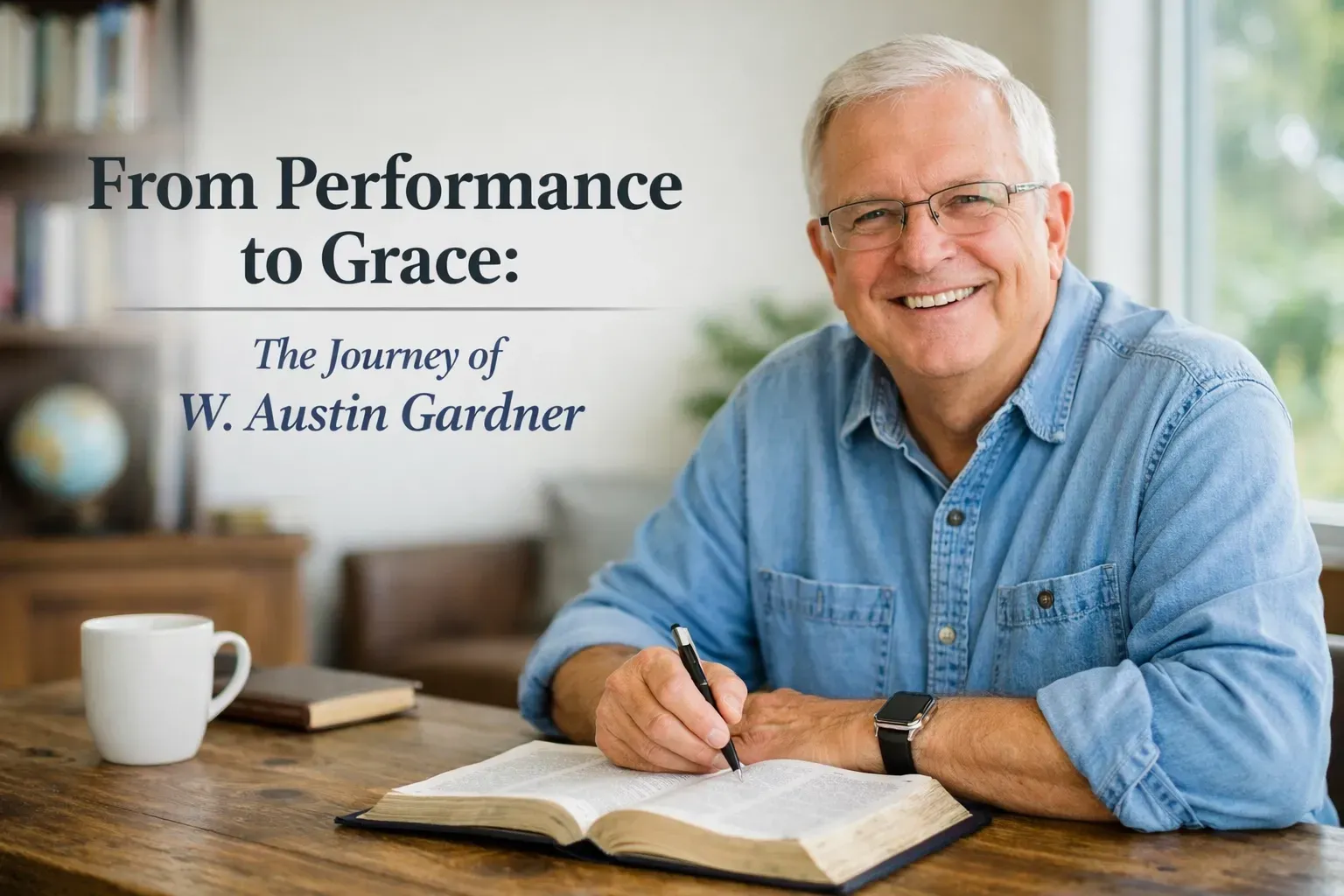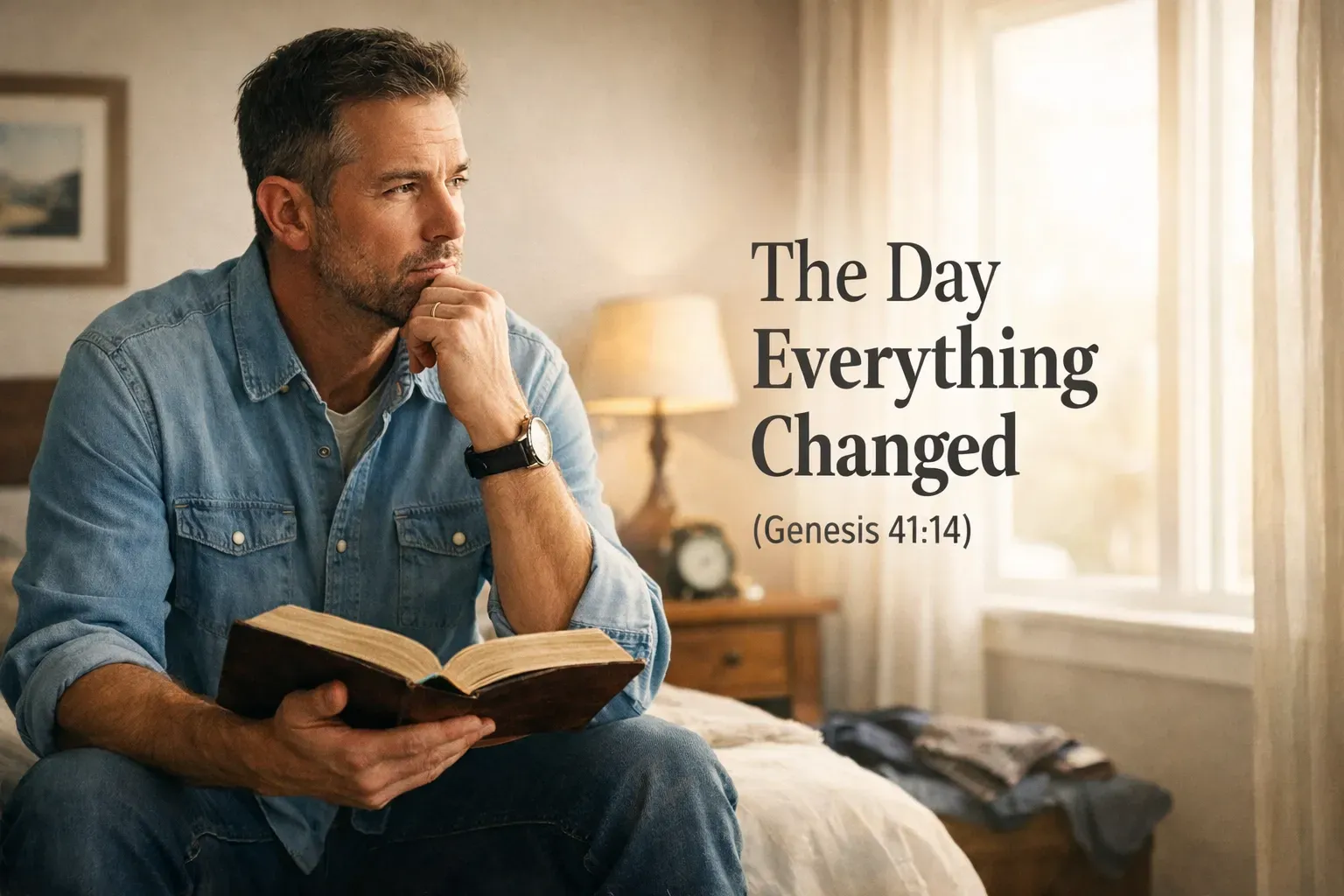Demons hang on tenaciously and cannot be dislodged until the ideas and heresies they have engendered in the mind are eradicated.
Today's gleanings

The imaginations and speculations that demons build in the mind become the fortresses in which they entrench themselves and from which they attack (2 Corinthians 11:3–4). To drive out the demon—“another spirit” (2 Corinthians 11:4)—these fortresses must be destroyed. Demons hang on tenaciously and cannot be dislodged until the ideas and heresies they have engendered in the mind are eradicated.
The apostle John warns the “beloved” people of God not to believe every spirit but to put the spirits to the test because many false prophets are energized by evil spirits that fill their minds with error and false doctrine and thus enslave them (1 John 4:1).
Merrill Frederick Unger,
What Demons Can Do to Saints (Chicago, IL: Moody Publishers, 1991), 102.
************************
Paul testified that he was “not ignorant of his [Satan’s] devices,” “lest Satan should get an advantage” of him (2 Corinthians 2:11). Satan seeks to gain a favorable and strategic place in the life of the believer to do him harm (Ephesians 6:11; 2 Thessalonians 2:9). Unless we acquaint ourselves with his wiles and subtle strategy, we are bound to fall under his attacks.
Merrill Frederick Unger,
What Demons Can Do to Saints (Chicago, IL: Moody Publishers, 1991), 103.
************************
The promise is: “Resist the devil, and he will flee from you” (James 4:7). The satanic principle is to take as much ground as possible when not resisted.
Merrill Frederick Unger,
What Demons Can Do to Saints (Chicago, IL: Moody Publishers, 1991), 103.
************************
He simply says that He never changes, that there is no change possible in God. God never differs from Himself. If you get ahold of this, it can be to you an anchor in the storm, a hiding place in danger. There is no possibility of changing in God. And God never differs from Himself.
A. W. Tozer and David E. Fessenden,
The Attributes of God: Deeper into the Father’s Heart, vol. 2 (Camp Hill, PA: WingSpread, 2001–), 91.
************************
Such as the Father is, such is the Son, and such is the Holy Spirit.
The Father uncreated, the Son uncreated, and the Holy Spirit uncreated.
The Father incomprehensible, the Son incomprehensible, and the Holy Spirit incomprehensible.
The Father eternal, the Son eternal, and the Holy Spirit eternal.
Yet there are not three eternals, but one eternal.
As also there are not three uncreated nor three incomprehensible, but one uncreated and one incomprehensible.
A. W. Tozer and David E. Fessenden,
The Attributes of God: Deeper into the Father’s Heart, vol. 2 (Camp Hill, PA: WingSpread, 2001–), 98–99.
************************
Pride makes us focus on what we’ve done right, instead of what we’ve done wrong.
R. Larry Moyer,
Show Me How to Preach Evangelistic Sermons, Show Me How Series (Grand Rapids, MI: Kregel Academic & Professional, 2012), 107.
************************
Non-Christians place themselves alongside others, choosing those who, in their opinion, live worse than they do.
R. Larry Moyer, Show Me How to Preach Evangelistic Sermons, Show Me How Series (Grand Rapids, MI: Kregel Academic & Professional, 2012), 108.











